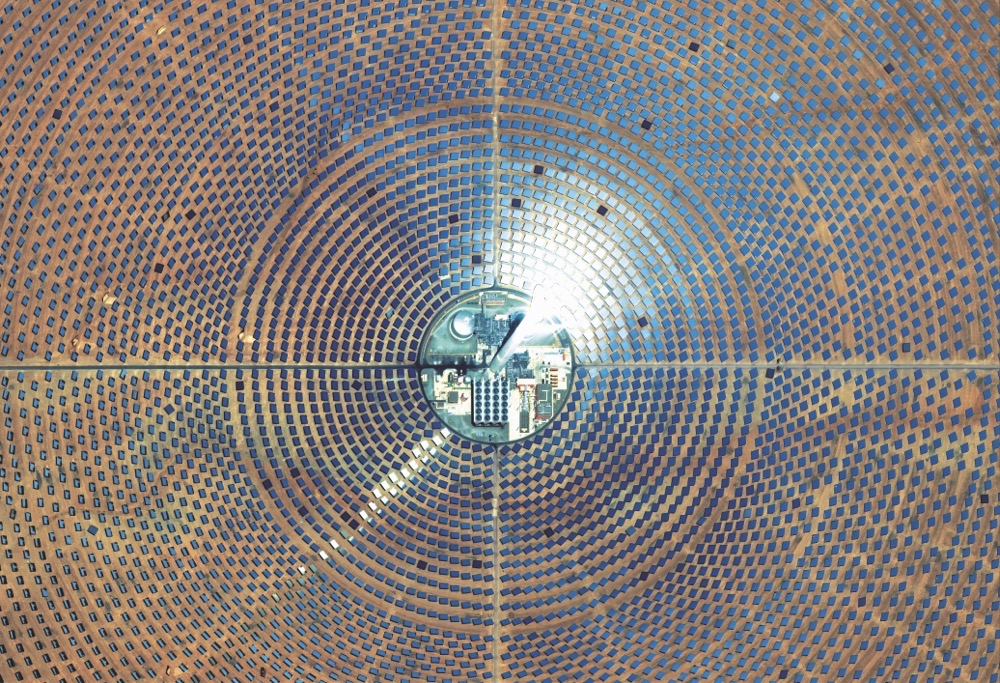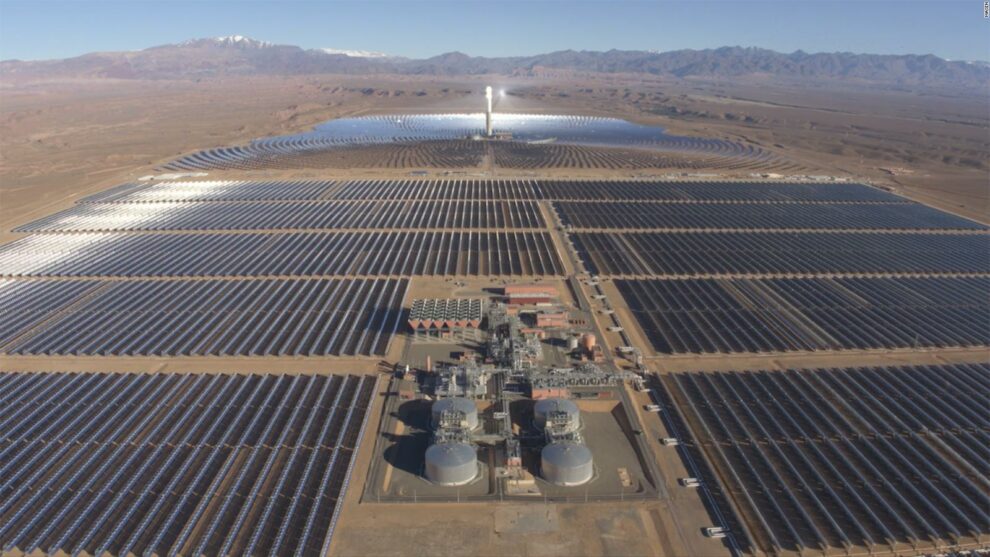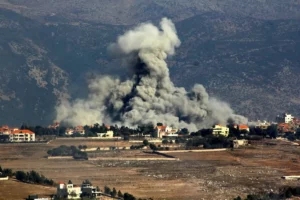JUBA, South Sudan: Blistering heatwaves across the Northern Hemisphere throughout this summer are a stark reminder of the need for sustainable energy solutions. The good news is that one Arab country has positioned itself as a potential supplier of solar power to energy-hungry Europe.
Morocco has developed a vibrant solar energy sector, making use of year-round sunshine, wide open spaces for infrastructure projects, and access to millions of euros in EU development funding.
Europe’s energy crisis, coupled with the urgency of tackling the challenge of global warming and climate change, has catalyzed efforts to seek new sources of clean and renewable energy.
Located on Europe’s doorstep and armed with ambitious plans to generate 52 percent of its domestic electricity from renewables by 2030, Morocco has emerged as a promising energy partner.
The vision is to export a significant amount of its solar energy capacity via undersea cables to Europe — an initiative that holds the promise of bolstering the continent’s clean energy transition while helping Morocco achieve its development goals.
Earlier this year, the EU committed itself to programs worth €624 million ($688.6 million) to support Morocco’s transition to “green energy,” as well as tackling irregular migration, and facilitating key reforms in crucial areas like social protection, climate policy and public administration.
Despite its enormous untapped potential, Morocco faces challenges in expanding its renewable energy capacity. Currently, the nation relies on imports for 90 percent of its energy, mostly from fossil fuels.

The transition to renewables alone requires substantial investment, estimated at $52 billion, to achieve Morocco’s 2030 targets.
Global institutions have been supportive, providing financial assistance for the renewable energy sector’s growth, but removal of bureaucratic bottlenecks from the path of private investment is of the essence.
Furthermore, the region’s embrace of renewable energy is not without its critics, who have concerns about the environmental impact of massive infrastructure projects and increased water usage in arid regions.
What is indisputable is that Morocco, by envisioning itself as a clean energy hub with the potential to export electricity to Europe, has set a precedent for other nations to emulate.
“Morocco’s renewable energy ambitions present a win-win proposition for both Europe and the country itself,” Grammenos Mastrojeni, senior deputy secretary-general of the Union for the Mediterranean, told Arab News.
“Historically energy has always been considered a national and a sovereignty issue. Now, climate change is calling to something which is quite new. To make the system functional we need to start reasoning in terms of regional cooperation.”
Morocco is not the only Arab country prioritizing solar-energy development. The Gulf states too are accelerating their transition to renewable energy by launching ambitious infrastructure projects designed to help reduce their reliance on oil and gas to meet domestic energy needs.
Saudi Arabia aims to expand its total solar-energy capacity substantially by 2030. Specific development plans in the Kingdom include the NEOM smart city, which will include a $5 billion hydrogen plant, and the Red Sea Project, which will have the capacity to generate 400 MW of solar power and will host the world’s largest off-grid energy-storage project to date.
As Europe and North Africa are marked by fragmented markets, significant economic inequalities and uneven demographic patterns, the potentially adverse consequences of climate change cannot be overstated.
Mastrojeni believes a solution to overcoming these challenges lies in the integration of energy markets, as doing so holds the potential for shared energy security and macroeconomic advantages within the region.
Source : Arab News

















Add Comment